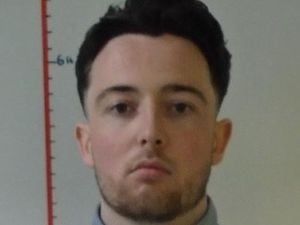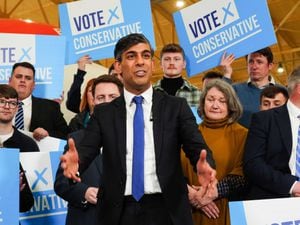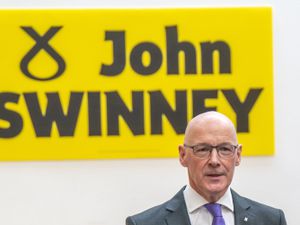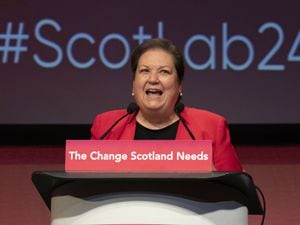Government warned of scale of false positives in mass coronavirus testing plan
The Prime Minister told a Downing Street press conference on Wednesday that the scheme could help sport and entertainment venues reopen fully.
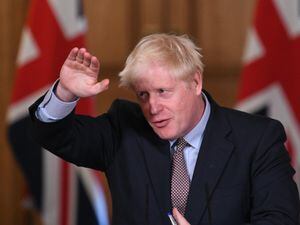
Hundreds of thousands of people could be unnecessarily told to isolate under the Government’s ambitious mass coronavirus testing proposals, a leading statistician has warned, as a Cabinet minister admitted the technology for the plan does not yet exist.
Professor Sir David Spiegelhalter said the “huge danger” with Boris Johnson’s “Operation Moonshot” project – which would see millions of UK-wide tests carried out daily – was that there would be a “very large number of false positives”.
His warning came as Transport Secretary Grant Shapps said that while the Government was hoping to develop a Covid-19 test that provided a result in between 20 and 90 minutes, there “isn’t a certified test in the world that does this”.
The Prime Minister told a Downing Street press conference on Wednesday that the scheme could help sport and entertainment venues reopen fully and allow people to socially mix in large groups again with on-the-day tests.
Leaked documents seen by the BMJ medical journal suggested the project could have a price tag of £100 billion – close to that of the £114 billion budget given to NHS England in 2018/19.
Prof Spiegelhalter told BBC Radio 4’s Today programme that statisticians were “banging their heads on the wall” at the proposal.
“Mass screening always seems like a good idea in any disease – ‘Oh yes, let’s test everybody’. But the huge danger is false positives – no tests are perfect, it is not a simple yes/no thing.”
He said the threshold would have to be set to a level that would “pick up anything that hints at being infectious”, meaning that the tests would “always generate a very large number of false positives”.

“That doesn’t matter so much perhaps if you’re just being stopped going into a theatre – the point is it is not just a matter of testing.
“You’ve got this whole downstream business that that person will be told to isolate, their contacts will be told to isolate, and so on.
“And if you only have 1% false positives among all the people who are not infectious, and you’re testing the whole country, that’s 600,000 people unnecessarily labelled as positives.”
Earlier Mr Shapps told Sky News: “This is technology that, to be perfectly blunt, requires further development – there isn’t a certified test in the world that does this but there are people that are working on prototypes.”
However deputy chief medical officer Dr Jenny Harries said the technology is likely to be available in weeks to months.
Mr Shapps also said it would be wrong to give younger age groups greater freedom than the elderly under the new rules after further restrictions were outlined following a spike in cases among young people.
Speaking to Sky News, he said: “I think it would be quite wrong as a society to say we will let (Covid-19) run rampant within part of the population – not least because that population can get quite seriously ill and it can last for quite a long time – and everybody else has to hide away like hermits.
“I don’t think that would be the right way to run a society.”
The Prime Minister said on Wednesday that he hoped “we could be able to get some aspects of our lives back to normal by Christmas” and pointed to mass testing as something which could help society open back up further.
For now, however, Mr Johnson urged people to limit their social contact “as much as possible” as he confirmed that social gatherings of more than six people will be outlawed in England from Monday.
Meanwhile Professor Neil Ferguson, whose modelling led to the decision to impose the lockdown in March, said people should “hesitate” at the “headlong rush to get everybody back into offices” amid the rising cases.
“The case number increases we’ve seen in the last two weeks do not yet account for the reopening of schools. So undoubtedly that may increase transmission still further and there may be a need therefore to reduce contacts in other settings,” he told Today.
Prof Ferguson said he was still working from home, and cautioned: “Certainly I think we should hesitate and maybe pause at the headlong rush to get everybody back into offices.
“But some people have to work and I completely understand the concerns in many quarters that everybody working at home has an economic impact, particularly on city centres.”

